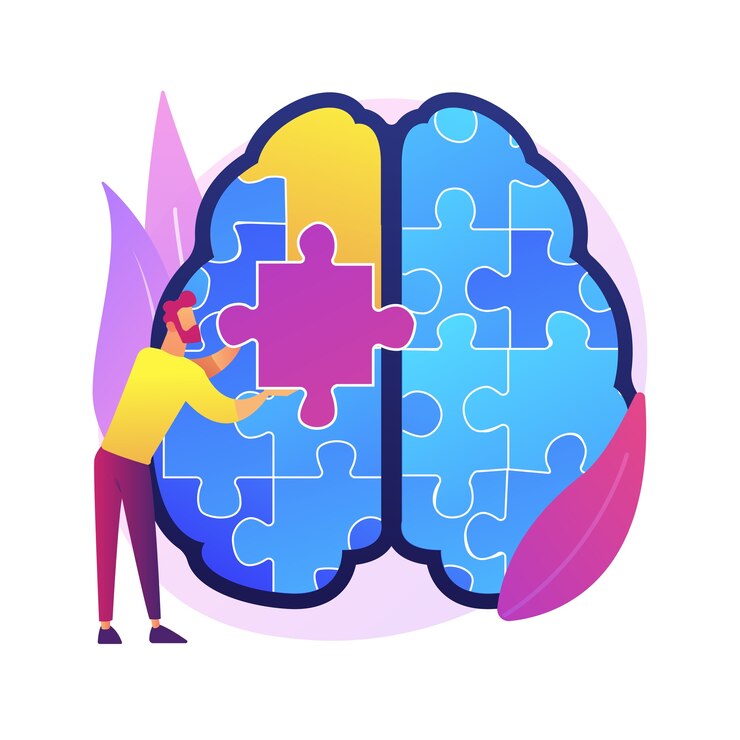
Recognizing Early Signs of Dementia: A Simple Guide
Introduction to Dementia:
Dementia affects memory, thinking, and behavior. Recognizing its early signs is crucial for intervention and management. Let’s take a closer look at these signs.
1. Memory Loss:
One of the most common early signs of dementia is memory loss that disrupts daily life. For example, you might forget important dates or events more often. Additionally, repeating the same questions or relying heavily on memory aids could be signs of memory decline.
2. Difficulty with Everyday Tasks:
Another sign to watch for is trouble completing familiar tasks. This may include difficulty cooking a meal, following a recipe, or managing finances. Over time, it may become harder to learn new tasks or follow simple instructions.
3. Confusion and Disorientation:
Confusion is another common symptom of dementia. It can make someone feel lost in familiar places or struggle to recognize familiar faces. Furthermore, they may become confused about time and surroundings.
4. Language Problems:
People with dementia often experience language difficulties. They might struggle to find the right words, follow conversations, or understand complex instructions. As the condition progresses, their vocabulary may become more limited.
5. Mood and Behavior Changes:
Lastly, early dementia can lead to changes in mood or behavior. For instance, a person may become more irritable, anxious, or depressed. They may also withdraw from social activities they once enjoyed and lose interest in hobbies.
Conclusion:
Recognizing the early signs of dementia is crucial for early intervention. If you notice symptoms like memory loss, difficulty with tasks, confusion, language problems, or mood changes, seek medical advice promptly. Early diagnosis can lead to better management and support.
Warning Signs of Dementia:
- Memory Loss: Forgetting events or important dates.
- Difficulty Communicating: Trouble finding the right words.
- Confusion: Disorientation in familiar places.
- Trouble with Tasks: Struggling to complete everyday activities.
- Changes in Mood: Unexplained mood swings or personality shifts.
To seek medical advice, always consult a Doctor. Here are our recommended experts. Click here
To read more on Neurological Disorders. Click Here


